
Why Do My Earrings Smell Bad and How to Fix It Fast
If you’ve ever wondered why do my earrings smell bad, it usually comes down to a mix of skin oils, sweat, dead skin cells, and bacteria trapped in the low-airflow space around your piercing. The quickest fix is simple: remove your earrings, wash them with mild soap and warm water, scrub any tiny crevices, rinse, dry, and wipe the metal with 70% isopropyl alcohol. Clean the piercing itself with sterile saline—never alcohol or peroxide on the skin. Keep an eye out for warning signs like increasing pain, redness, swelling, or pus. Sticking to titanium or solid gold, cleaning regularly, and choosing breathable backs can help prevent the smell from returning. You can also switch to waterproof earrings to minimize buildup and keep your piercings fresher for longer.
What Causes Earrings to Smell
Although the odor can seem mysterious, it usually comes from a buildup of skin oils (sebum), sweat, dead skin cells, and bacteria trapped around the post and backing—especially with tight or infrequently cleaned earrings.
You create a microenvironment where moisture and debris accumulate, fueling bacterial metabolism that produces volatile sulfur compounds and fatty acid byproducts.
Earring materials influence this process. Porous or textured surfaces, low-quality plating, and rough seams trap biofilm more readily than smooth, inert metals.
Nickel-containing alloys may irritate skin, increasing shedding and moisture. Heavy earrings can reduce airflow, increasing humidity.
Inconsistent hygiene practices—like skipping post cleanings, not removing earrings during workouts, or reusing unclean backs—accelerate odor formation.
Hair products, sunscreen, and makeup also mix with sebum, amplifying residue and smell.
How to Tell Normal Buildup From an Infection
Knowing why earrings smell sets the stage for spotting when something’s not normal. Normal buildup is a mix of sebum, skin cells, sweat, and product residue. It creates a mild, waxy odor that improves after routine hygiene and doesn’t irritate skin.
Use odor indicators and local signs to differentiate problems.
Benign buildup: faint smell, off-white debris, no redness, minimal tenderness.
Infection symptoms: escalating pain, warmth, swelling, persistent redness, throbbing, and discharge that’s yellow, green, or bloody. A sharp, foul, or sweet-sick smell that lingers despite basic care is concerning.
Watch for crusting that rapidly returns, tightness around the post, and reduced earring mobility.
Seek care urgently for fever, spreading redness, streaking, significant swelling, or severe pain, especially if you’re immunocompromised or recently pierced.
Quick Cleaning Steps for Earrings and Backs
Start with clean hands, then remove the earrings to access all surfaces. Place pieces on a clean towel. Wipe visible debris with a lint-free pad.
Wash earrings and backs in warm water with a drop of mild, fragrance-free soap; gently brush crevices with a soft toothbrush for 20–30 seconds. Rinse thoroughly, then pat dry.
For metal-only items, briefly wipe with 70% isopropyl alcohol; avoid alcohol on pearls, opals, and porous stones. For gold, platinum, surgical steel, and titanium, soap-and-water is generally sufficient. For silver, follow with a quick silver cloth polish to reduce tarnish odors.
Let components dry fully before reassembly. Adjust cleaning frequency: daily for heavy wear, every few wears for light use. Match methods to earring materials to prevent damage and odor.
Safe Ways to Clean Your Piercings
While earrings collect grime, your skin and piercing channel need gentle, evidence-based care to prevent odor and irritation. Clean twice daily during healing, then as needed.
Wash hands. Rinse the site with lukewarm water to loosen debris. Apply sterile saline (0.9% NaCl) using gauze; let it sit 30–60 seconds, then pat dry. Avoid rotating jewelry.
Choose safe cleaning solutions: sterile saline is first-line; a mild, fragrance-free cleanser can be used on surrounding skin, not inside the channel. Skip alcohol, hydrogen peroxide, witch hazel, povidone-iodine, and tea tree oil—they delay healing and irritate tissue.
Practice consistent piercing aftercare: keep hair, makeup, and fragrances away; change pillowcases; shower after workouts; and avoid submerging in pools or hot tubs.
Seek medical care for escalating redness, swelling, pain, or pus.
Best Materials to Reduce Odor and Irritation
Clean technique matters, but the metal touching your skin also drives odor and irritation. Choose hypoallergenic metals that resist corrosion and biofilm. Implant-grade titanium (ASTM F-136) and niobium show the lowest nickel release and minimal reactivity.
Solid 14k–18k gold (not plated) and platinum are stable choices; avoid cheap alloys and plated pieces that leach metals and trap debris. Surgical stainless steel can work for many, but it may contain trace nickel—skip it if you’re sensitive.
Select smooth, high-polish finishes that reduce microbial adherence. Flat fronts and seamless hoops clean easier than textured designs.
Pair posts with silicone backs or medical-grade plastic backs to improve airflow, reduce pressure, and limit moisture accumulation. Replace worn backs and damaged coatings promptly to prevent rough surfaces that harbor odor-causing buildup.
Habits That Prevent Future Buildup
Even with the right metals, your daily habits determine whether odor-causing biofilm returns. Anchor a consistent cleaning routine: wash hands, then remove earrings and cleanse posts, backs, and piercings with saline or a mild, fragrance-free cleanser. Rinse and dry completely; moisture promotes bacterial growth.
Wipe phones, headphones, pillowcases, and hats weekly—these surfaces re-seed microbes.
Adopt targeted hygiene practices. After workouts or sweating, rinse lobes and dry them. Avoid applying lotions, hair products, or sunscreen directly onto piercings; if contact occurs, cleanse afterward.
Rotate and inspect earrings during cleaning to dislodge debris, but don’t twist through healing tissue. Limit sleeping in earrings when safe; nighttime accumulation increases biofilm.
Store jewelry in a clean, dry container. Replace worn backs and bent posts promptly to prevent microabrasions that trap residue.
When to See a Professional Piercer or Doctor
Consistent hygiene reduces odor, but some signs warrant expert care. Seek a professional consultation if you notice persistent swelling, warmth, throbbing pain, spreading redness, or thick yellow-green discharge—classic infection indicators.
Fever, chills, or lymph node tenderness require urgent medical evaluation. If odor persists despite cleaning and jewelry changes, you may have piercing complications such as granulomas, contact dermatitis, or biofilm buildup.
See a professional piercer for jewelry issues: embedded backs, incorrect gauge, excessive pressure, or suspected nickel sensitivity. They can assess fit, material, and aftercare, and recommend implant-grade metals.
Consult a doctor for abscesses, bleeding that won’t stop, keloids, severe dermatitis, or systemic symptoms. Don’t remove jewelry during active infection unless directed; it can trap infection.
Document symptoms and timelines to guide care.
Frequently Asked Questions
Can Diet or Hydration Levels Influence Earring Odor?
Yes. Your diet impact and hydration effects can alter sebum composition, sweat, and skin microbiome, influencing odor. High-sugar diets, dehydration, and alcohol intensify smells. Hydrate, prioritize balanced nutrition, and limit refined carbs to reduce volatile compounds and bacterial byproducts near piercings.
Do Certain Hair Products Make Earrings Smell Worse?
Yes. Certain hair product ingredients (silicones, oils, fragrances, quats) coat skin and studs, trapping sebum and bacteria. Earring material interactions matter; nickel, plated metals, and porous stones retain residue. Use hypoallergenic metals, rinse lobes, and shield earrings during styling.
How Does Sleeping With Earrings Affect Odor Buildup?
Sleeping with earrings increases odor by trapping sweat, sebum, and bacteria, especially with tight backs. Poor ear hygiene and a side sleep position compress the lobe, reducing airflow. Clean posts daily, loosen backs, rotate studs, and use hypoallergenic metals.
Can Storage Methods Reduce or Worsen Earring Smell?
Yes. Ventilated, dry storage solutions reduce odor; airtight, humid containers worsen it. Use breathable pouches, desiccants, and separate compartments. Before storage, apply evidence-based cleaning techniques: soap-and-water or alcohol wipe for metal, saline for piercings. Fully dry items to minimize biofilm.
Are Clip-On Earrings Prone to the Same Odor Issues?
Yes, clip-ons develop similar odors. Skin oils, sweat, and bacteria accumulate on pads and hinges. Prioritize earring hygiene: clean clip on materials with alcohol wipes, dry thoroughly, replace pads, avoid occlusive coatings, and rotate wear to reduce moisture buildup.
Conclusion
You can stop smelly earrings fast by removing debris, cleaning the jewelry and piercing, and switching to inert metals. Distinguish routine sebum buildup from infection: odor alone is common; escalating pain, warmth, swelling, pus, or fever warrants care. Clean earrings with mild soap or 70% alcohol; clean piercings with sterile saline only. Dry thoroughly, rotate jewelry only if fully healed, and avoid occlusive products. Build habits—regular cleaning, breathable wear, and material upgrades—and seek a pro for persistent symptoms.


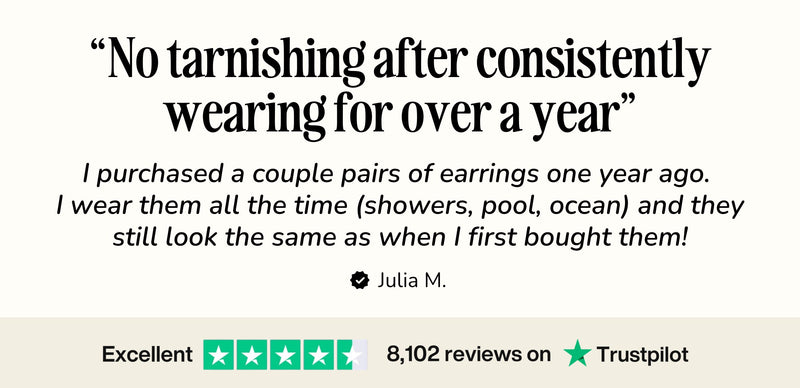




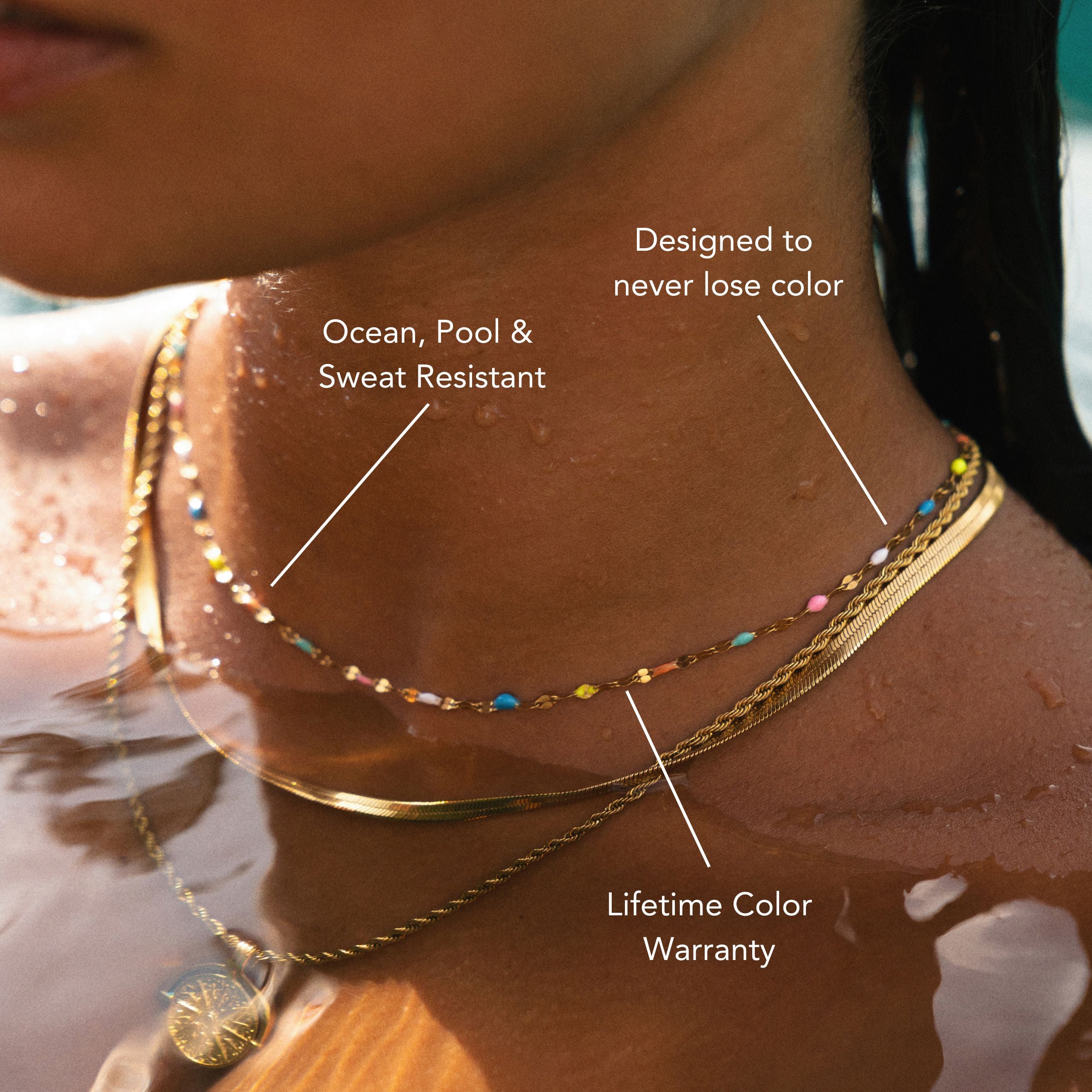

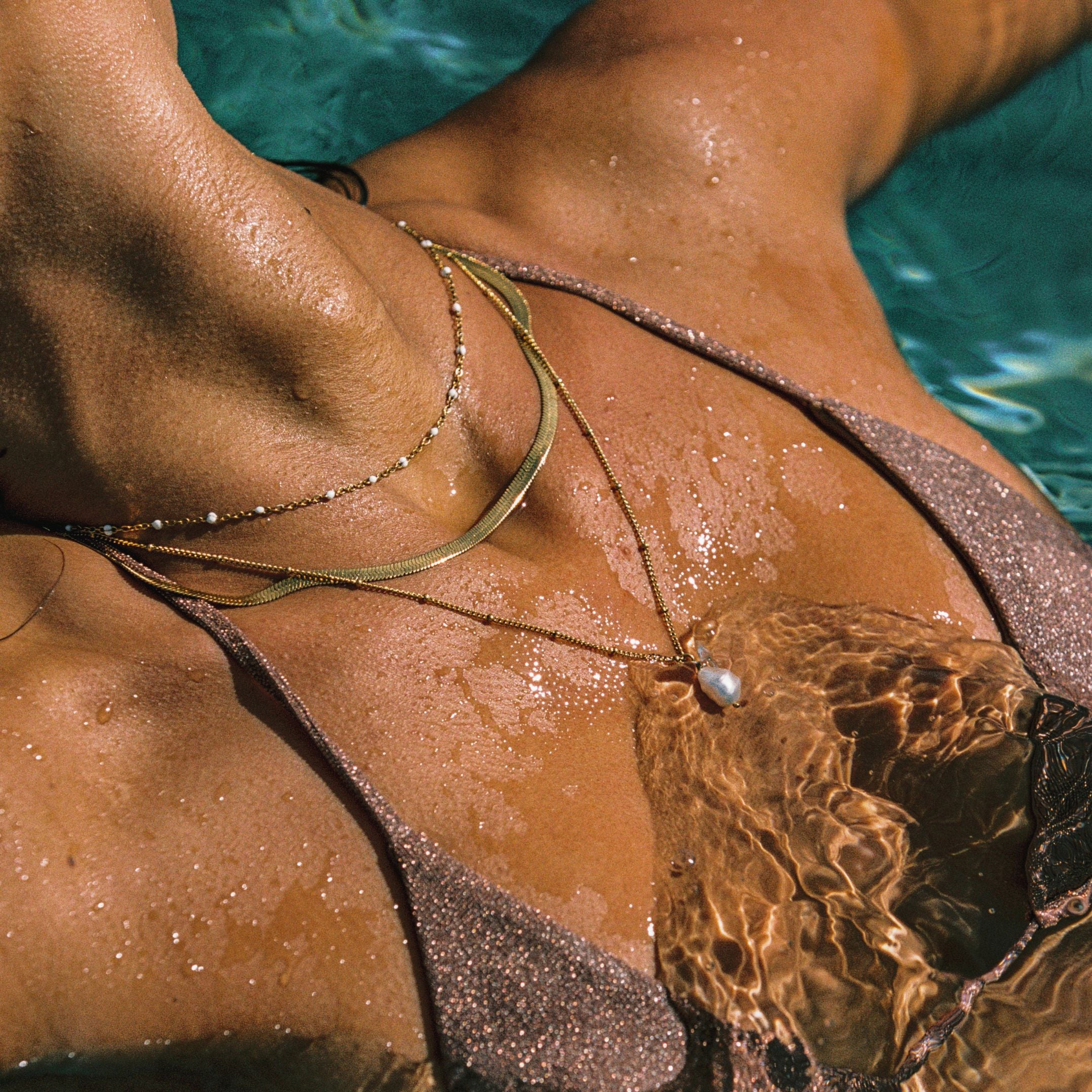
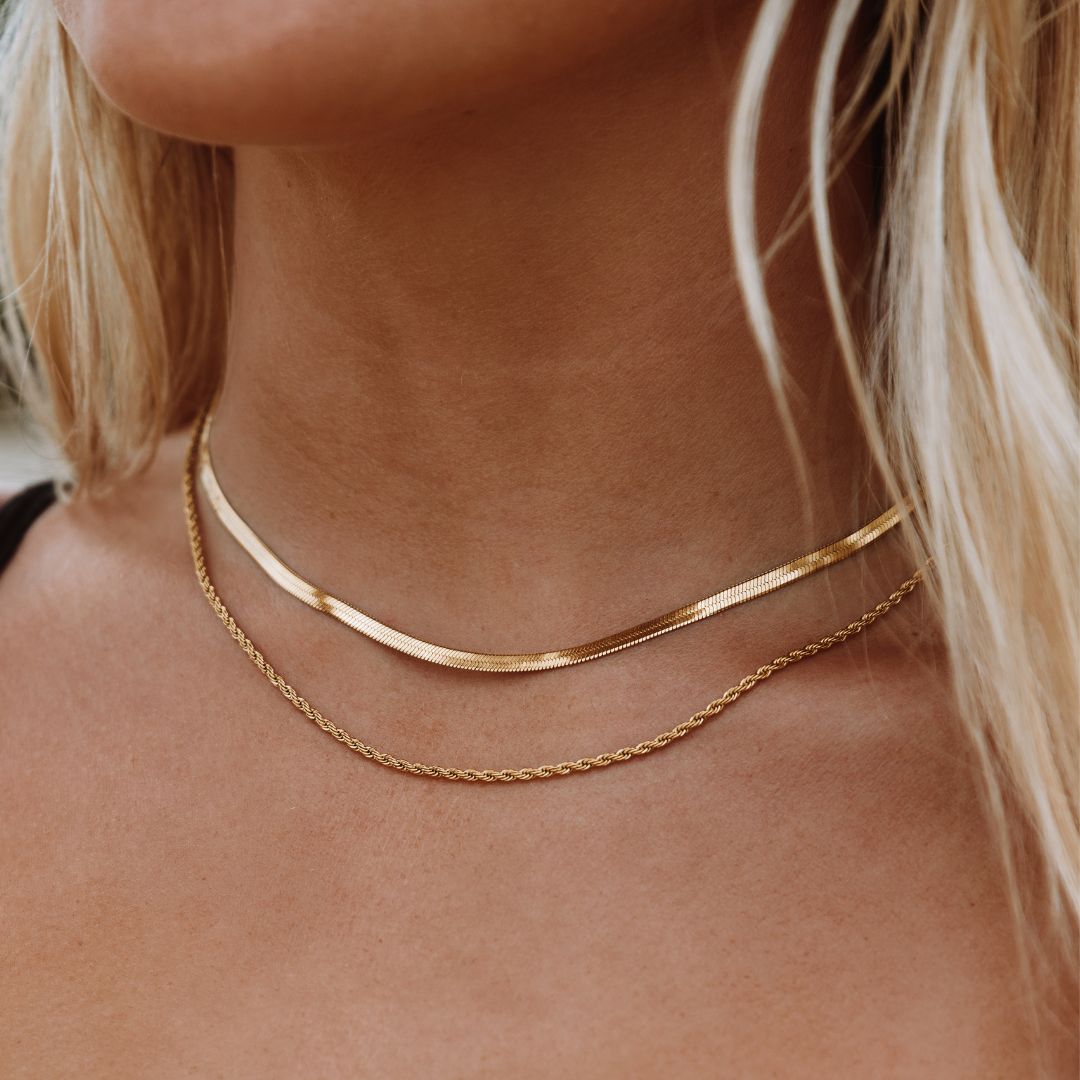



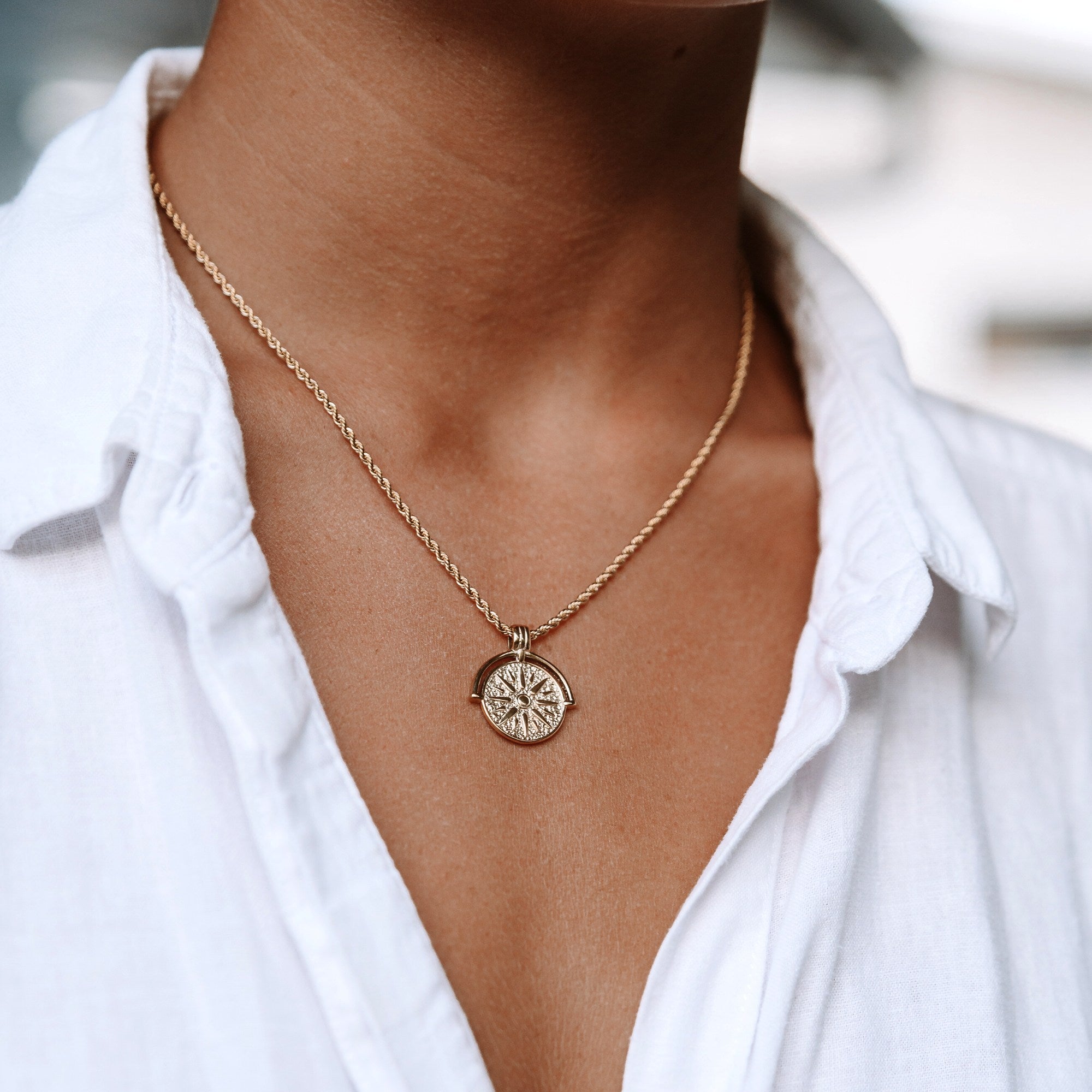







Leave a comment
This site is protected by hCaptcha and the hCaptcha Privacy Policy and Terms of Service apply.